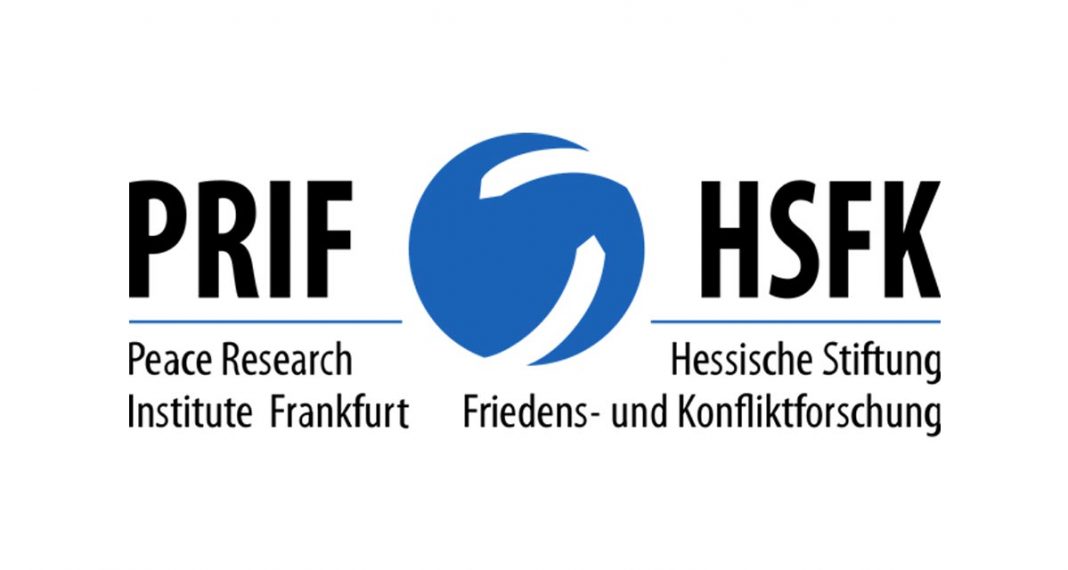The Image of the Democratic Soldier: Tensions Between the Organisation of Armed Forces and the Principles of Democracy in European Comparison
The goal of the research project was to find an answer to the question of whether and how the different democracies perceive of and tackle the so-called civil-military gap.
The research project, led by Peace Research Institute in Frankfurt, was concluded in November 2010. It examined an aspect which to date has been overlooked in the work on Democratic Peace: the relationship of democratic societies with the institution, which plays an extremely important role in keeping peace and waging war, i.e. the military.
The goal of the study was to find an answer to the question of whether and how the different democracies perceive of and tackle the so-called civil-military gap. These questions were pursued by way of a comparative research. Qualitative case studies were elaborated of altogether 12 countries across Europe. Given the importance of civilian control over military means for a functioning of democracy, the majority of studied countries formerly belonged to the socialist hemisphere in eastern, central and south-eastern Europe.
From May 2006 to November 2010, this project was sponsored by the VolkswagenStiftung (Volkswagen Foundation) as part of the Foundation’s funding initiative “Unity amidst Variety? Intellectual Foundations and Requirements for an Enlarged Europe”.
Within this project conducted the case study on Serbia which was published in a volume Democratic Civil-Military Relations: Soldiering in 21st Century Europe edited by Sabine Mannitz ad published by Routledge.




